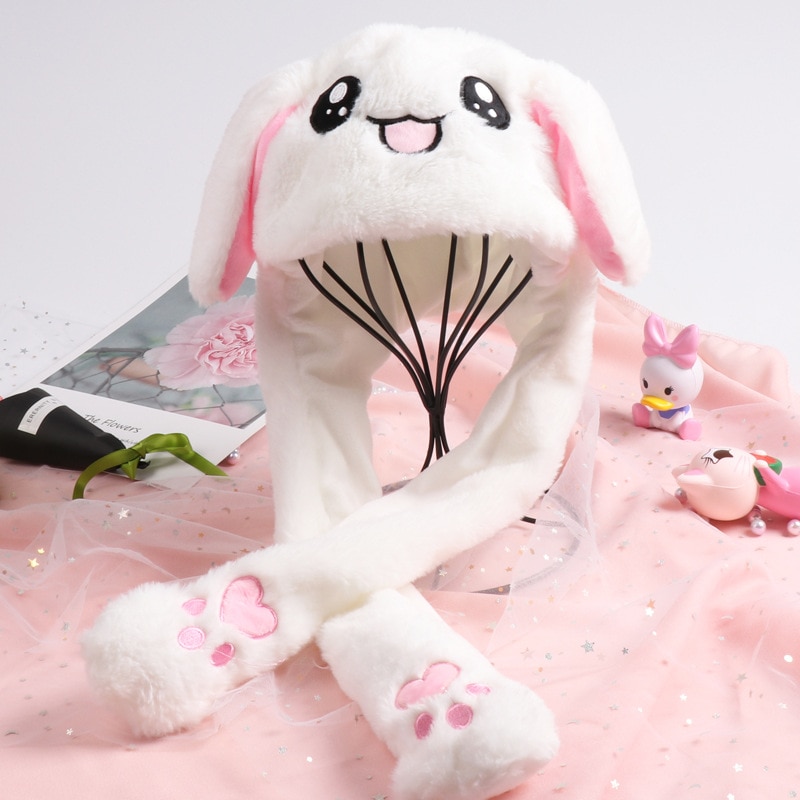Hair transplants have become increasingly popular, and Afro-textured hair requires special consideration. Whether you have loose curls or tight coils, understanding how your unique curl pattern affects a transplant is essential. Let’s dive in and explore the intricacies of Afro hair transplants and whether they suit all curl patterns.
What is an Afro Hair Transplant?
An Afro hair transplant involves extracting hair follicles, usually from the back or sides of the head, and implanting them into thinning or bald areas. This procedure addresses hair loss while maintaining the natural curl pattern of Afro-textured hair.
How It Differs from Other Hair Transplants
Afro-textured hair has a unique curl shape and follicle structure, requiring specialized techniques. The follicles are curly beneath the skin, making extraction and implantation more complex compared to straight or wavy hair.
Understanding Curl Patterns
Afro hair varies widely, and curl patterns play a significant role in the transplant process. Generally, curl patterns fall under Type 3 (curly) and Type 4 (coily or kinky).
Type 3: Curly Hair
This type has loose to tight curls with a defined “S” shape. Type 3 hair includes:
- 3A:Loose, large curls
- 3B:Bouncy ringlets
- 3C:Tight, corkscrew curls
Type 4: Coily Hair
Coily hair is more fragile, with tightly packed curls. Subcategories include:
- 4A:Defined, soft coils
- 4B:Z-shaped, less defined coils
- 4C:Extremely tight, dense curls
Each type requires a tailored approach during a transplant to ensure the results look natural and long-lasting.
Why Hair Type Matters in Transplants
Texture and Follicle Structure
Afro-textured hair has a curved follicle, which presents challenges in extraction and placement. The hair’s curl continues below the surface, unlike straight hair, requiring precision to avoid damaging the follicle.
Challenges Specific to Afro-Textured Hair
- Fragility:Afro hair is more prone to breakage.
- Scarring:There’s a higher risk of keloid scarring, particularly for darker skin tones.
- Density:Afro hair tends to have fewer hair strands per square inch, affecting graft placement strategies.
Is an Afro Hair Transplant Suitable for All Curl Patterns?
Suitability for Type 3 Curls
Type 3 curls generally respond well to hair transplants due to their defined pattern and moderate density. However, maintaining the natural look requires precise alignment of each graft.
Suitability for Type 4 Curls
Type 4 curls, especially 4B and 4C, pose more challenges but can still benefit from a transplant. The tight coils require careful handling to prevent follicle damage and ensure proper growth direction.
Type 4A, 4B, and 4C: Unique Considerations
- 4A:Typically easier to transplant due to more defined coils.
- 4B and 4C:Require highly skilled surgeons to ensure successful results because of the hair’s density and fragility.
Common Misconceptions
Some believe that Afro hair transplants don’t work well due to curl complexity. However, with the right expertise, the results can be just as successful as transplants for other hair types.
The Transplant Process for Afro-Textured Hair
Pre-Transplant Assessment
A detailed scalp analysis ensures that the donor area has enough healthy follicles and that the scalp is in good condition.
Extraction Techniques: FUE vs. FUT
- FUE (Follicular Unit Extraction):Preferred for Afro-textured hair because it minimizes scarring. Each follicle is individually extracted, preserving the natural curl.
- FUT (Follicular Unit Transplantation):Involves removing a strip of scalp. Less common for Afro hair due to a higher risk of visible scarring.
Implantation Process and Challenges
Implanting curly follicles requires precision to ensure the correct curl direction, preventing unnatural results.
Factors to Consider Before an Afro Hair Transplant
Scalp Health and Density
A healthy scalp and good donor density are crucial for successful results. Thin or damaged donor areas can impact the outcome.
Surgeon’s Experience and Expertise
Not all surgeons specialize in Afro hair transplants. Choosing a professional with experience in Afro-textured hair is essential for a natural outcome.
Post-Transplant Care for Afro Hair
Specific Care Tips
- Gentle Handling:Avoid excessive manipulation to prevent breakage.
- Moisturization:Keep the scalp hydrated to promote healing.
- Avoid Heat and Chemicals:Limit styling that involves heat or harsh chemicals during recovery.
Managing Expectations
Results take time. New hair growth may take up to 12 months to fully mature and blend with existing hair.
Benefits of Afro Hair Transplants
- Natural-Looking Results:Matches your original curl pattern.
- Confidence Boost:Restores not just hair but self-esteem.
- Permanent Solution:Unlike wigs or topical treatments, transplants offer a lasting fix for hair loss.
Potential Risks and Complications
- Scarring:Higher risk in Afro-textured hair.
- Infection:As with any surgery, proper aftercare minimizes this risk.
- Follicle Damage:Inexperienced handling can harm the follicles, reducing success rates.
Alternatives to Hair Transplants for Afro Hair
- Topical Treatments:Minoxidil and other growth stimulants.
- Natural Remedies:Essential oils like rosemary or castor oil.
- Wigs and Hairpieces:Quick and customizable solutions.
Real-Life Success Stories
Many individuals with Afro-textured hair have achieved remarkable results. Choosing the right surgeon and following proper aftercare have led to life-changing transformations for countless people.
Conclusion
Afro hair transplants can indeed work for all curl patterns, provided they are approached with care and expertise. From Type 3 curls to tight Type 4 coils, the key lies in understanding the unique characteristics of each curl pattern and ensuring your surgeon has the right experience. If you’re considering a transplant, consult a specialist to explore your options and get the best results.
FAQs
- What curl patterns benefit the most from Afro hair transplants?
All patterns can benefit, but results depend on the surgeon’s expertise. - How long does it take to see results?
Initial growth starts within 3-6 months, with full results visible after 12 months. - Are there different methods used for different curl types?
Yes, the technique varies, especially for tighter curls, requiring more precision. - Can all surgeons perform Afro hair transplants?
No, it’s crucial to choose a surgeon experienced with Afro-textured hair. - What are the costs involved?
Costs vary but generally range between $3,000 to $15,000 depending on the clinic and procedure.








